
Pennsylvania Insurance Commissioner Warns Businesses Of Increased Risks, Liability With Non-Compliance Of Closure Orders
The commissioner of the Pennsylvania Insurance Department on Monday reminded businesses statewide of the importance of complying with Governor Tom Wolf’s orders for counties in the red and yellow phases of the COVID-19 outbreak.
May 11, 2020
Liability
Property
Pennsylvania

Missouri Governor Favors Bill Shielding Health Care Providers, First Responders From Virus-Related Lawsuits
Gov. Mike Parson is signaling his support for a proposal that could shield nursing homes and long-term care facilities from lawsuits linked to the coronavirus response. Under legislation awaiting debate in the Missouri House, health care providers who treat people with COVID-19 would not be liable for civil damages if something were to go wrong.
May 6, 2020
Legislation & Regulation
Liability
Litigation
Missouri

U.S. Traffic Fatalities Fell In 2019 For Third Straight Year
U.S. traffic deaths fell in 2019 for the third straight year even as overall road use increased, according to preliminary government data released Tuesday.
May 5, 2020
Auto
Liability
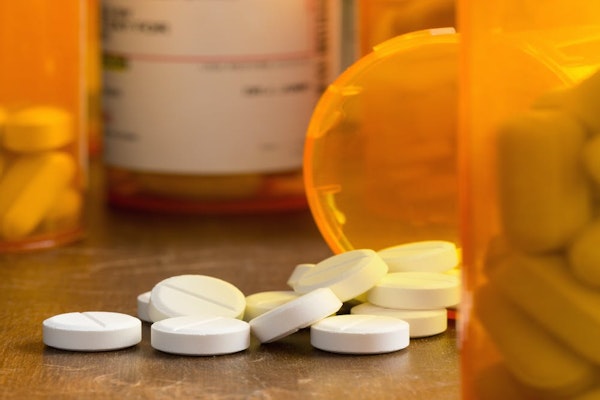
Closing The Door On Pain Management Abuse: Taking A Closer Look At Opioids, Compounds, And Injections In Auto Accident Claims
The inclusion of pain-management specialists in multi-disciplinary clinics over the last several years in the no-fault claims industry has grown rapidly. Unfortunately, it has also opened the door to fraud.
May 4, 2020
Fraud
Liability
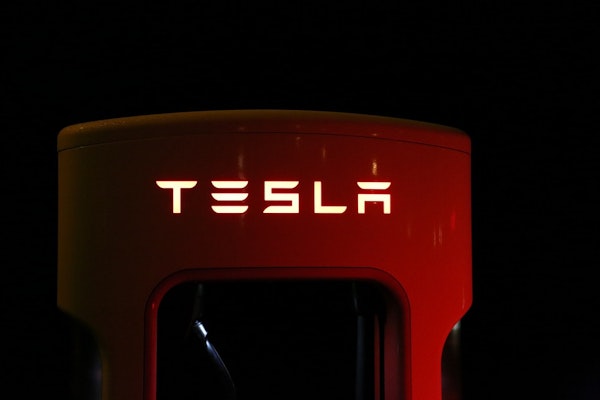
Tesla Drops D&O Cover, Says Elon Musk Will Pay
In an attempt to avoid paying high premiums, electric automobile manufacturer Tesla announced that it would forgo directors and officers liability insurance (D&O) this year, opting to rely on CEO Elon Musk to pay for legal defense.
May 1, 2020
Excess & Surplus Lines
Liability

The Future Is Being Recorded
In the transportation industry, dashcams have been added to fleets of trucks, often paid for or subsidized by insurance carriers looking for an advantage in underwriting, claims, and risk management. Accidents captured on video result in claims that are easier to defend and manage because the footage quickly helps inform the claims manager and attorneys about whether the claim should be denied or promptly resolved.
April 30, 2020
Auto
Liability
Litigation
Technology

Coronavirus Places Cannabis Industry In The Weeds
Like many industries, cannabis-related companies in the United States haven’t been left untouched by the fallout from the coronavirus. On the bright side, demand for cannabis products swelled in the initial weeks following government-mandated lockdowns.
April 29, 2020
Excess & Surplus Lines
Liability
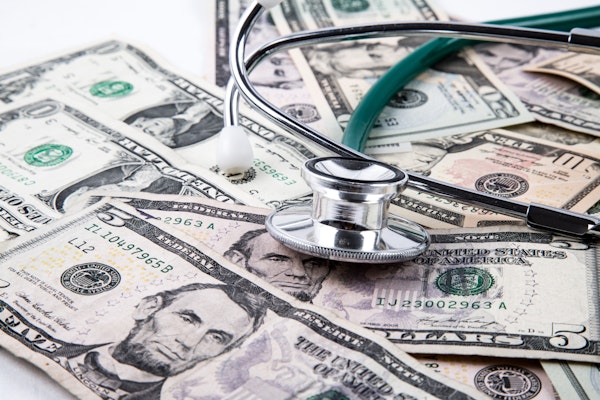
Medical Bill Review: Using Medicare Fees To Manage Third Party Liability Costs
Motor vehicle accidents led to more than 2.5 million emergency department visits in 2017, according to the CDC’s most recent estimates. Emergency room and other hospital visits can be costly for insurance carriers, as facility charges are some of the highest fees that carriers face when paying for medical treatments related to auto accidents.
April 29, 2020
Education & Training
Liability

Resource-Draining Cannabis Lawsuits: Civil Litigation Can Be Expensive
It is common for businesses and individuals in the United States to resolve their disputes with lawsuits. Unfortunately, the maturing cannabis industry appears to be like any other when it comes to this kind of dispute resolution.
April 28, 2020
Liability
Litigation

Will the Pandemic Complicate Cyber Insurance Claims?
Most organizations are now requiring that their employees work from home with the ongoing novel coronavirus disease (COVID-19) pandemic. However, in the event of a breach or other incident, there may be limitations in your cyber liability insurance policy based upon the type of hardware being used.
April 28, 2020
Liability
Technology

Trending Litigation Topics Regarding COVID-19
Another week brings another round of COVID-19-related lawsuits. We are identifying some early trends and provide a synopsis of the more relevant lawsuits below.
April 27, 2020
Legislation & Regulation
Liability
Litigation
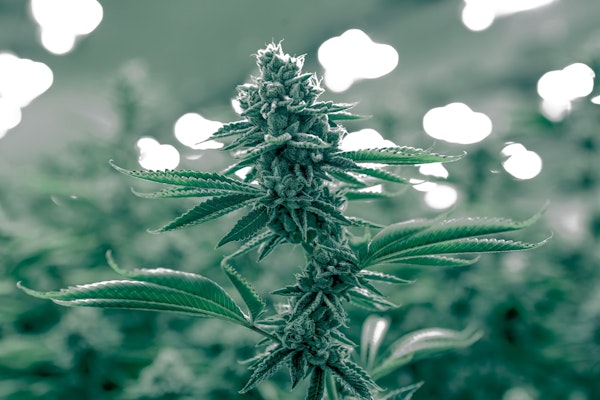
Don’t Slip And Fall: Product Liability Coverage For The Cannabis Sector
A product liability claim presents some of the highest dollar loss potential for cannabis companies, according to Chris Boden, cannabis practice group team leader at the California-based wholesale insurance broker, Crouse and Associates Insurance Services. It’s one of the most severe exposures cannabis companies face, and yet not all businesses purchase product liability insurance coverage.
April 22, 2020
Excess & Surplus Lines
Liability
Risk Management
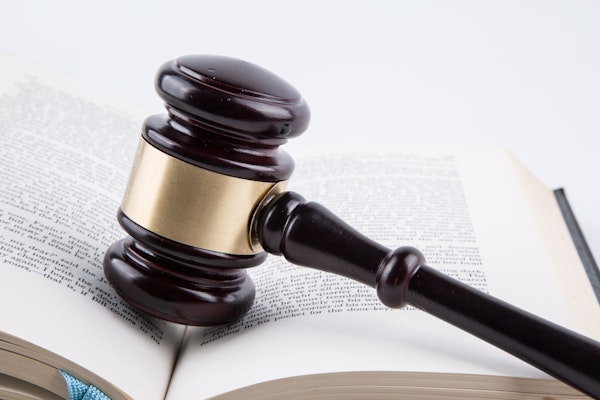
The Coming Tsunami Of Employment-Related COVID-19 Litigation
As the world continues to deal with the health and economic catastrophe created by the COVID-19 pandemic, a potential tsunami of related litigation has begun a slow but steady build. Because the pandemic is unprecedented, predicting the legal fallout left in its cruel wake is difficult.
April 21, 2020
Liability
Litigation
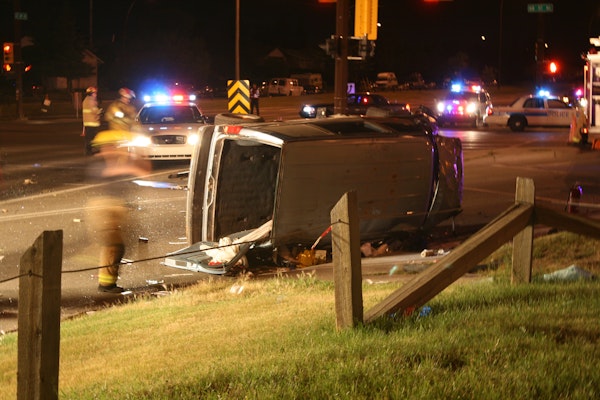
Will Fewer Drivers On The Road Mean Lower Auto Losses? It Depends
Staying at home and closing nonessential businesses during the COVID-19 crisis has resulted in one major benefit for people who still need to drive their vehicles: fewer cars on the road. But the question is: Will the decrease in vehicle use ultimately result in lower auto losses for insurers?
April 21, 2020
Auto
Liability

As Workers Face Virus Risks, Employers Seek Liability Limits
The U.S. Chamber of Commerce and conservative groups are lobbying lawmakers to give companies legal immunity if front-line workers believe they got sick on the job, or if families say their loved one died after catching COVID-19 at work.
April 17, 2020
Legislation & Regulation
Liability
Litigation





